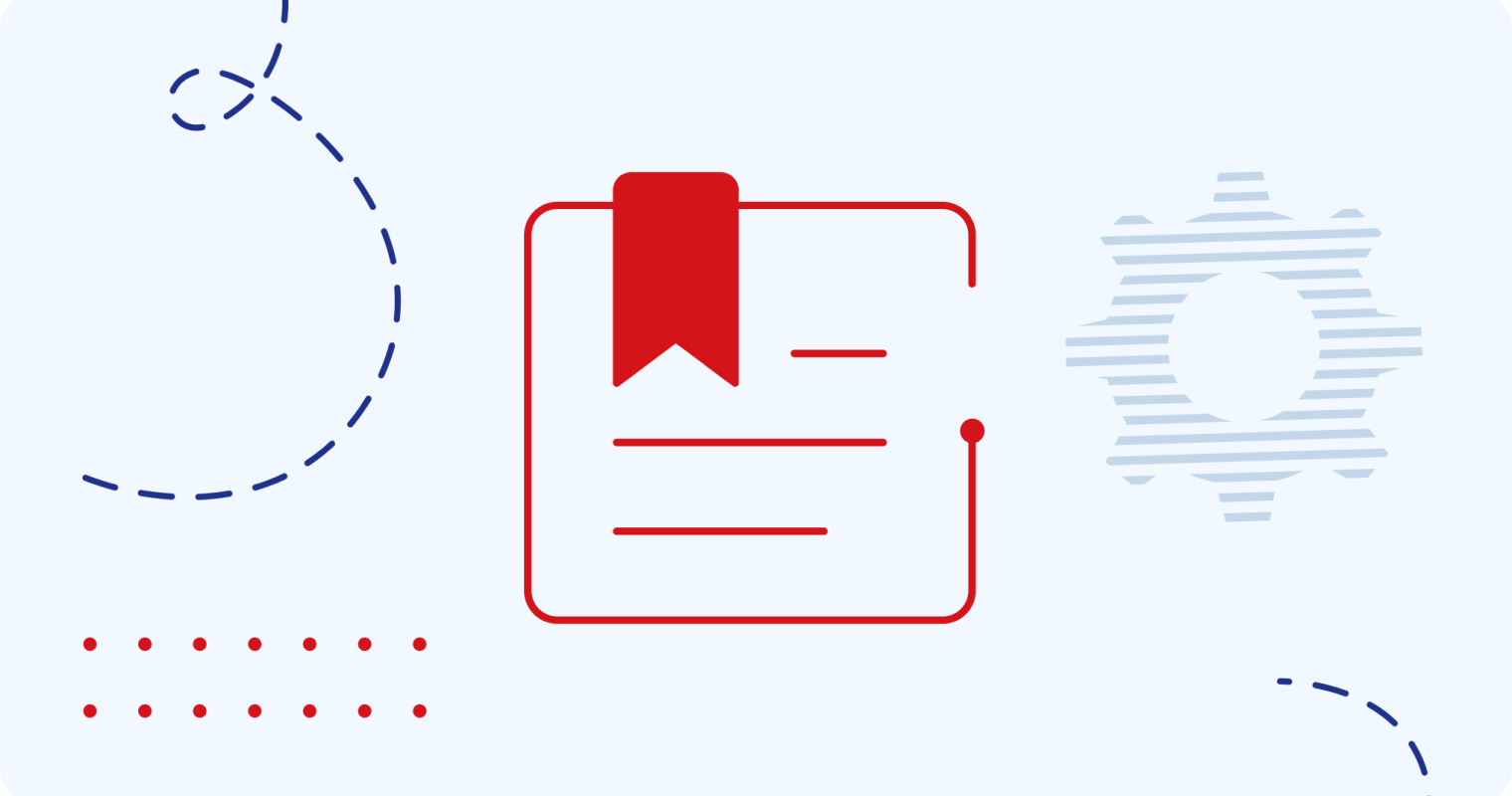



Target Group(s)
STEM university professors and educators integrating hands-on, problem-solving methodologies. Students in science and engineering fields looking to apply their knowledge in practical, industry-relevant projects. Innovation-focused institutions and curriculum designers seeking to enhance active learning in STEM.
Product’s Aim(s)
- Develop students’ ability to identify, analyze, and solve complex real-world challenges.
- Promote collaboration, creativity, and design thinking principles in science-based education.
- Encourage experimental learning through hands-on project development and iterative prototyping.
- Provide structured guidance to educators for implementing Design Thinking in STEM curricula.
Description
The Science-Based Courses – Missions DT meets STEM is a structured framework designed to integrate Design Thinking (DT) into STEM education, enhancing problem-solving, critical thinking, and innovation skills. Through a series of missions, students work collaboratively to define challenges, generate solutions, test ideas, and refine their projects.
This approach transforms STEM learning from theoretical coursework into hands-on, real-world exploration, preparing students for future careers in science, technology, and engineering. The missions are iterative and interdisciplinary, promoting creativity while ensuring solutions are user-centered and impact-driven.
Use Cases
- University STEM Courses: Embeds real-world problem-solving and innovation processes into science-based curricula.
- Capstone and Research Projects: Provides a structured approach for students to define, test, and refine solutions.
- Interdisciplinary Learning: Encourages collaboration between scientific disciplines and engineering fields.
- Innovation Hubs & Entrepreneurship Programs: Equips students with the design mindset necessary for developing new solutions in science and technology.
Product Elements
- Mission 0 – Set Up
- Mission 1 – Challenge Exploration
- Guides students in understanding their project challenge.
- Utilizes stakeholder mapping, mind mapping, and benchmarking.
- Mission 2 – Discipline to Challenge
- Connects scientific disciplines with real-world problems.
- Encourages students to define project goals and constraints.
- Mission 3 – Creating EPOs (Evidence, Problems, Opportunities)
- Helps teams narrow their research scope and identify opportunities.
- Develops research-based insights and evidence-based problem framing.
- Mission 4 – Brainstorming on EPOs
- Introduces structured brainstorming techniques for idea generation.
- Focuses on hypothesis development and conceptual testing.
- Mission 5 – External Solution Test
- Encourages prototyping and real-world testing of solutions.
- Uses low-fidelity models to gather user feedback and refine concepts.
- Mission 6 – Project Closing
- Focuses on finalizing the project, articulating learnings, and presenting solutions.
- Includes a final presentation, storytelling, and solution impact assessment.
Download DT meets STEM Science-based Missions
Using missions requires Miro bord!
- Click here to open board with templates for Science-based Missions.
Related Posts


Empowering Students’ Awareness for a Personalized Career Development (Monograph)
Explore this in-depth monograph to discover how universities can guide students toward meaningful careers through personalized development paths grounded in self-reflection, identity formation, and future-focused action.


DT Meets STEM Training Program
Reimagine your teaching with the power of Design Thinking! This hands-on training equips STEM educators to redesign courses, engage students through real-world challenges, and foster essential 21st-century skills.


The Set of Concepts Developed by Professors during the DT Meets STEM Training Program
Discover how university educators revolutionized their teaching with Design Thinking. This inspiring collection of real course transformations shows you how to embed creativity, empathy, and innovation into your syllabus.